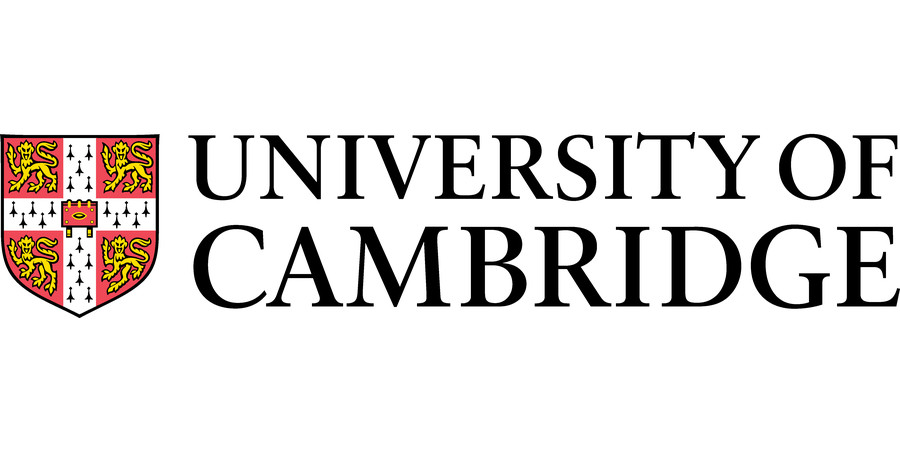PhD Studentship: AstraZeneca-Funded Non-Clinical PhD Studentship “Defining and targeting immune-regulatory metabolic niches during benign-to-malignant transformation of pancreatic cancer”
University of Cambridge - Cancer Research UK Cambridge Institute
| Qualification Type: | PhD |
|---|---|
| Location: | Cambridge |
| Funding for: | UK Students, EU Students, International Students |
| Funding amount: | Includes a stipend, tuition fees (Home rate) and an allocation towards consumables and training. |
| Hours: | Full Time |
| Placed On: | 8th September 2025 |
|---|---|
| Closes: | 17th September 2025 |
Supervisors: Dr Tim Halim and Dr Gregory Hamm
Course start: 1st October 2026
Overview
The project will be supervised by Dr Tim Halim, Dr Albert Koulman (Institute of Metabolic Science) and Dr Gregory Hamm (AstraZeneca).
Project details
The tumour immunity cycle involves cyclical trafficking of T cell subsets between the tumour and lymphoid organs. While current immunotherapy has focused on re-energizing exhausted T cells, it is becoming apparent that many checkpoint drugs act on specific subsets of ‘stem like’ T cells, which are present in the lymph nodes, or other sites such as the tumour itself.
Underpinning the function of T cells is their ability to traffic between anatomical sites, such as the lymph node and tumour; however, less is known about their trafficking and interactions within the tumour- or tissue-microenvironment.
Our existing collaborations with AstraZeneca have yielded very interesting data specific metabolites that are involved in the migration and positioning of regulatory (Tregs) and ’stem like’ CD8 T cells in the tumour microenvironment via a recently discovered chemokine receptor; this co-localisation results in Tregs suppressing anti-cancer immunity, and impede the efficacy of ICI therapy (Simpson et al. in preparation*). When these local metabolic / immunologic changes happen during pancreatic cancer evolution remains unknown. More importantly, whether these spatial changes can be exploited for circulating biomarker discovery or therapeutic intervention are important clinical questions for PDAC patients.
The proposed project will extend on this collaboration, utilizing cutting-edge mouse models and immunology expertise (CRUK-CI), access to relevant patient material (matched fresh-frozen PDAC and serum samples). We will utilize AstraZeneca expertise in spatial and circulatory metabolomics, as well as imaging mass cytometry, and test the effect of AZ clinical compounds on the immune-metabolic landscape of our PanIN-to-PDAC models. Dr Koulman will provide training and support with metabolomic and lipidomic analysis.
References/further reading
Stockis J, Yip T, Raghunathan S, Garcia C, Lee S, Simpson C, Pinaud S, Schuijs MJ, Araos Henríquez J, Png S, Raddi G, Bricard O, So TY, Mack S, Papadopoulos P, Sawle A, Jodrell DI, McKenzie ANJ, Thaventhiran JED, Clatworthy MR, Biffi G, Saeb-Parsy K, Liston A, and Halim TY. (2024) Tissue-resident regulatory T cells exert dualistic anti-tumour and pro-repair function in the exocrine pancreas. BioRxiv (doi.org/10.1101/2024.02.15.580302). (in revision)
Schuijs MJ, Png S, Richard AC, Tsyben A, Hamm G, Stockis J, Garcia C, Pinaud S, Nicholls A, Romero-Ros X, Su J, Eldridge MD, Riedel A, Serrao E, Rodewald HR, Mack M, Shields J, Cohen ES, McKenzie ANJ, Goodwin RJA, Brindle K, Marioni JC, Halim TY. (2020) ILC2-driven innate immune checkpoint mechanism antagonizes NK cell anti-metastatic function in the lung. Nat Immunol 21: 998-1009.
Funding
Includes a stipend, tuition fees (Home rate) and an allocation towards consumables and training.
Eligibility
The position is open to UK citizens, or overseas students meeting the UK residency requirements, or able to cover the difference in international fees through additional funding awards.
How to apply
For further information about the course and to access the University Applicant Portal, click the 'Apply' button above.
Please select to commence study in October 2026.
Deadline
Application deadline is 17th October 2025 with interviews expected to take place in week beginning 5th January 2026.
Advert information
Type / Role:
Subject Area(s):
Location(s):









